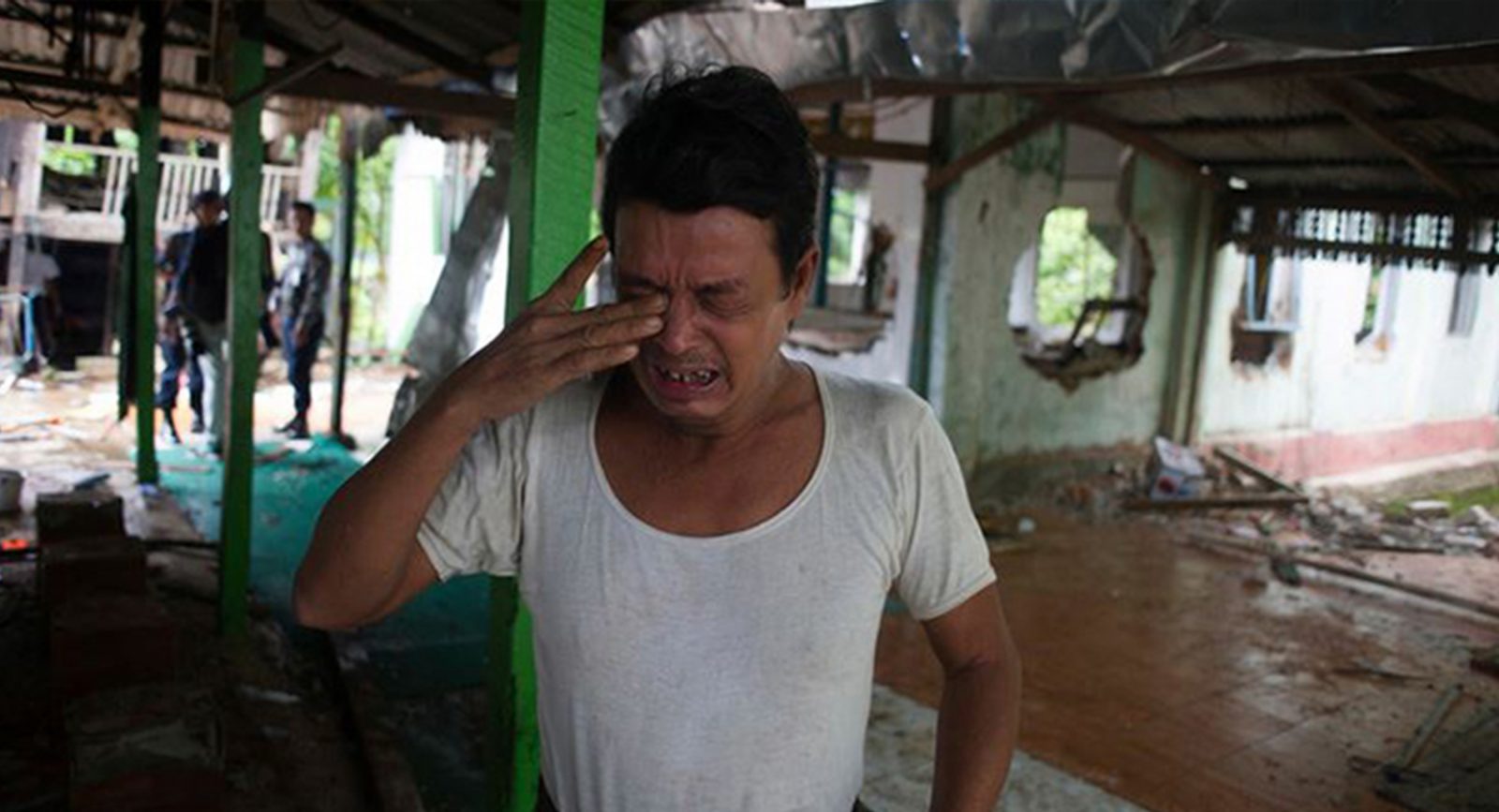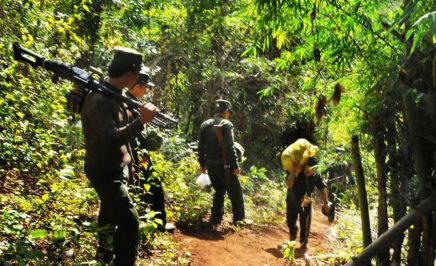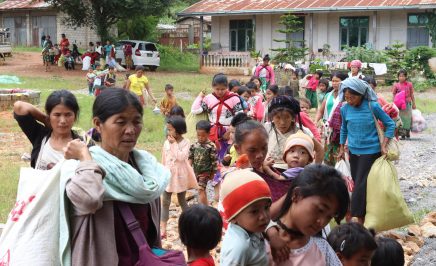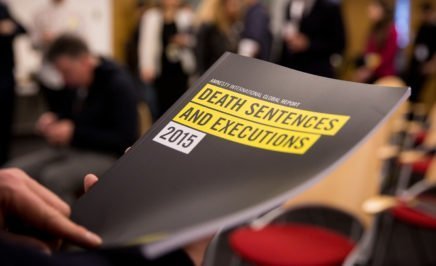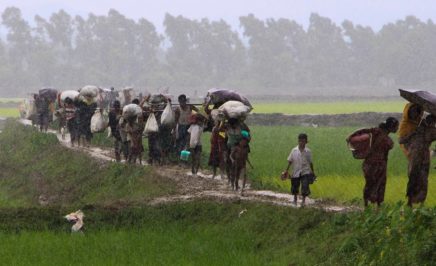The Myanmar government must urgently lift restrictions that are preventing access to humanitarian aid in Rakhine and Kachin states.
The intensification of the conflict in Kachin State and the eruption of violence in northern Rakhine State, where a major security operation has led members of the Rohingya and Rakhine communities to flee their homes, have aggravated what was already a serious humanitarian situation in the country.
“The Myanmar authorities must immediately lift restrictions that are preventing the United Nations and other humanitarian agencies from reaching people in need,” said Rafendi Djamin, Amnesty International’s Director for South East Asia and the Pacific.
“Both Rakhine and Kachin States already had tens of thousands of people been displaced by violence in recent years. The events of the past few weeks has aggravated that situation, and put more lives at risk.”
Kachin State
Fighting in Kachin state earlier this month led to the death of a child and two others being injured. In recent weeks, hostilities have seen the Myanmar military resorting to airstrikes and shelling.
“All parties to the armed conflict have an obligation to allow and facilitate delivery of impartial humanitarian assistance for civilians in need. Blocking such aid is a violation of international humanitarian law.”
Rafendi Djamin Amnesty International Director for South East Asia and the Pacific.
Amnesty International has learned from credible sources that the authorities have not allowed UN and humanitarian agencies to deliver aid to people displaced in non-governmental controlled area since April 2016.
The organization is concerned by reports that the authorities may instead require people displaced to cross conflict lines in order to receive aid.
“All parties to the armed conflict have an obligation to allow and facilitate delivery of impartial humanitarian assistance for civilians in need. Blocking such aid is a violation of international humanitarian law. Civilians cannot be put in a position where they have no other option but to put their lives in harm’s way to access much needed aid. The authorities must ensure free and unimpeded access for humanitarian organizations delivering aid and emergency assistance to all civilians who need it,” said Rafendi Djamin.
According to the UN Office for the Coordination of Humanitarian Affairs (UNOCHA) there are currently approximately 87,000 displaced people in Kachin State, many of them in areas beyond government control.
Fighting resumed there in June 2011 after a 17-year ceasefire between the Myanmar army and the Kachin Independence Army broke down.
Rakhine State
An attack on three police outposts on 9 October triggered fresh concerns about violence and displacement in Rakhine State. Authorities responded by launching a major security operation to capture the perpetrators, tightening the already severe restrictions on movement that existed in the area.
According to local sources, members of both the Rohingya and Rakhine communities have fled their homes in fear. However, the severe isolation of norther Rakhine State and restrictions on independent journalists and monitors makes it extremely difficult to assess the scale of the displacement, or verify reports coming out of the region.
Amnesty International is deeply concerned that UN agencies and other humanitarian organizations have not been given authorization to access the affected populations to assess their needs and provide assistance.
“Local sources are telling us that Rohingya villagers are unable to access medical care. The Myanmar authorities must ensure that the human rights of these communities are respected, including ensuring that they have effective access to health care and other services,” said Rafendi Djamin.
